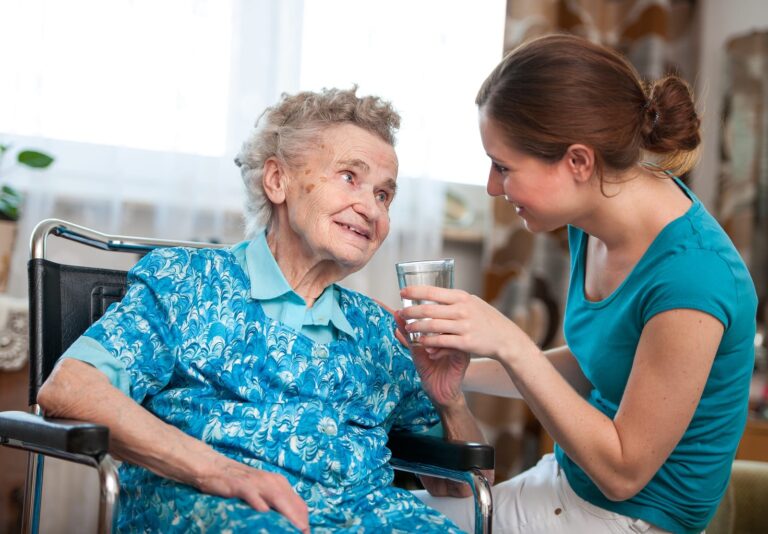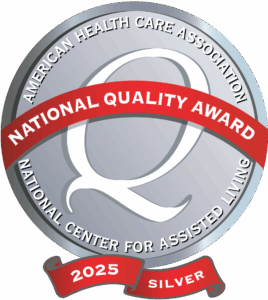A caregiver’s journey can be full of emotional ups and downs. While each experience is unique, researchers have developed a model to help explain the stages of caregiving in better detail. These are all stages each caregiver will go through in some degree. They can be used as a guide for what to expect when you become a caregiver for an aging loved one.
Become a Caregiver – The Journey Involved
Caregiving can bring great joy to the lives of both the caregiver and the recipient. However, needs and concerns can arise and change, bringing about issues like stress and burnout to the caregiver. Knowing the stages you’ll be going through can help you provide the best care possible.
Stage One: Anticipatory/Expectant Caregiver. In this stage, you may start to notice a decline in your aging loved one’s health and realize that sooner or later, you will become a caregiver. This is the time when it’s important to gather information about your loved one’s health status, gain access to their financial and legal documents and talk to them about their wishes for the future. Educate yourself about community services available, health programs and how to start safeguarding the home.
Stage Two: Freshman Caregiver. After being a caregiver for about 6 to 18 months, you’ll start to realize the enormity of the caregiving tasks you’re facing and may begin seeking help or other options. Continue to educate yourself about your loved one’s condition, but also start researching what types of assistance are available and how you’ll pay for it. Consider your loved one’s wishes for his or her care, and communicate as much as possible with other family members.
Stage Three: Entrenched Caregiver. As exhaustion from caregiving starts to set in, you may realize your own health is starting to suffer as a result of your caregiving duties. It’s normal to feel somewhat angry about your situation, and then feel guilty for feeling angry, but caregivers often suppress these emotions which can lead to resentment or depression. This is when you need to evaluate your situation and find ways to take better care of yourself, whether it is through seeking help from others or looking into respite care.
Stage Four: Transitioning Caregiver/Caregiver in Loss. The time has come when you realize you are no longer able to maintain caregiving duties in the way your loved one may require. Or, your loved one has passed and your duties are now over. Regardless, in this stage you will feel a sense of grief and loss, and you will enter a period of mourning now that your caregiving responsibilities have come to an end. Let yourself grieve, but it’s also important to move on with your own life. Reflect on the good memories of your loved one and if necessary, seek help through a support group or friends and family.
For more information about American Senior Communities, please visit www.asccare.com.




